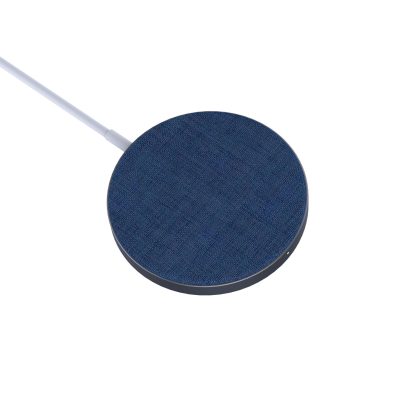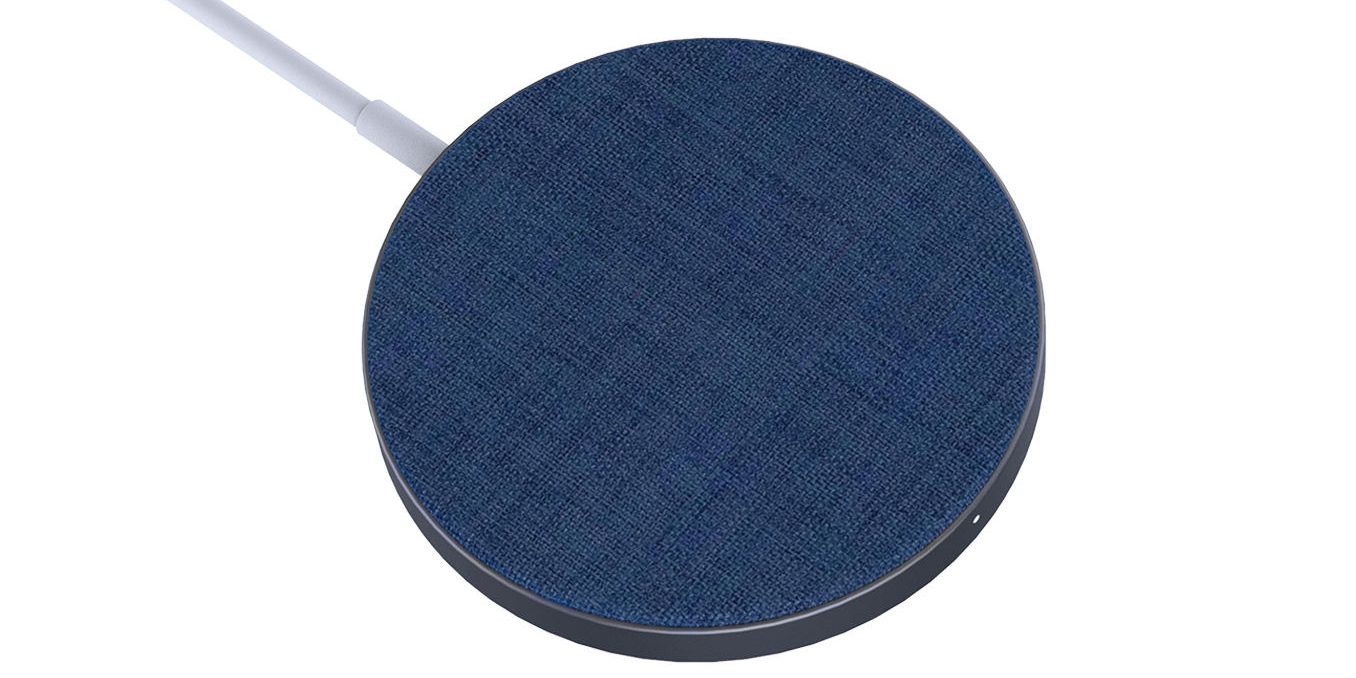Common wireless charger issues and their solutions are as follows:
1. **Incompatible Device**:
– Ensure your device is Qi-enabled, which is the industry-standard wireless charging technology. If your device does not have Qi functionality, you will need to use a different charging method.
2. **Poor Placement**:
– Wireless chargers rely on a close proximity between the charger and your device for effective charging. Ensure that your device is properly centered on the charging pad or stand, as misalignment can disrupt the charging connection.
3. **Insufficient Power Source**:
– Wireless chargers require a power source with sufficient voltage and current output to operate effectively. If you are using a low-quality or underpowered USB adapter, it may not provide enough power to charge your device wirelessly. Always use the charger and adapter provided by the manufacturer.
4. **Obstructions and Interference**:
– Wireless charging relies on electromagnetic fields to transfer power from the charger to your device. Any obstructions or interference between the charger and your device can disrupt this energy transfer, causing charging issues. Common obstructions include thick cases, metal objects, or even other wireless devices placed nearby. Remove any potential obstacles and ensure that there is a clear and unobstructed path between the charger and your device.
5. **Charging Pad Overheating**:
– Wireless chargers can generate heat during operation, especially if they are not properly ventilated. If your wireless charger is overheating, it may automatically shut off or stop charging to prevent damage. Check if your charger is placed on a flat, heat-resistant surface and avoid covering it with objects that can trap heat.
6. **Damaged Charging Cable or Adapter**:
– A damaged or faulty cable can lead to inconsistent charging or no charging at all. Inspect the cable for any visible signs of damage such as frayed wires or bent connectors. Similarly, try using a different USB adapter to rule out any faults with the power source. If necessary, replace the cable or adapter with a new one from a reliable manufacturer.
7. **Software or Firmware Glitches**:
– Just like any electronic device, wireless chargers can experience software or firmware glitches. These issues can prevent the charger from functioning correctly. Check if there are any available firmware updates for your charger and install them following the manufacturer’s instructions. Additionally, try restarting your device or performing a soft reset to clear any temporary software issues that may be affecting the charging process.
8. **Faulty Charger or Device**:
– If you have tried all the troubleshooting steps mentioned above and your charger is still not working, consider testing it with a different device or using a different charger with your device to determine where the issue lies. If the problem persists, contact the manufacturer for further assistance or inquire about warranty coverage for a potential replacement.
By following these troubleshooting steps, you can diagnose and resolve most common issues that cause wireless chargers to stop working. Remember to always refer to the user manual or contact the manufacturer’s support if you are experiencing persistent problems or if your device is still under warranty.









